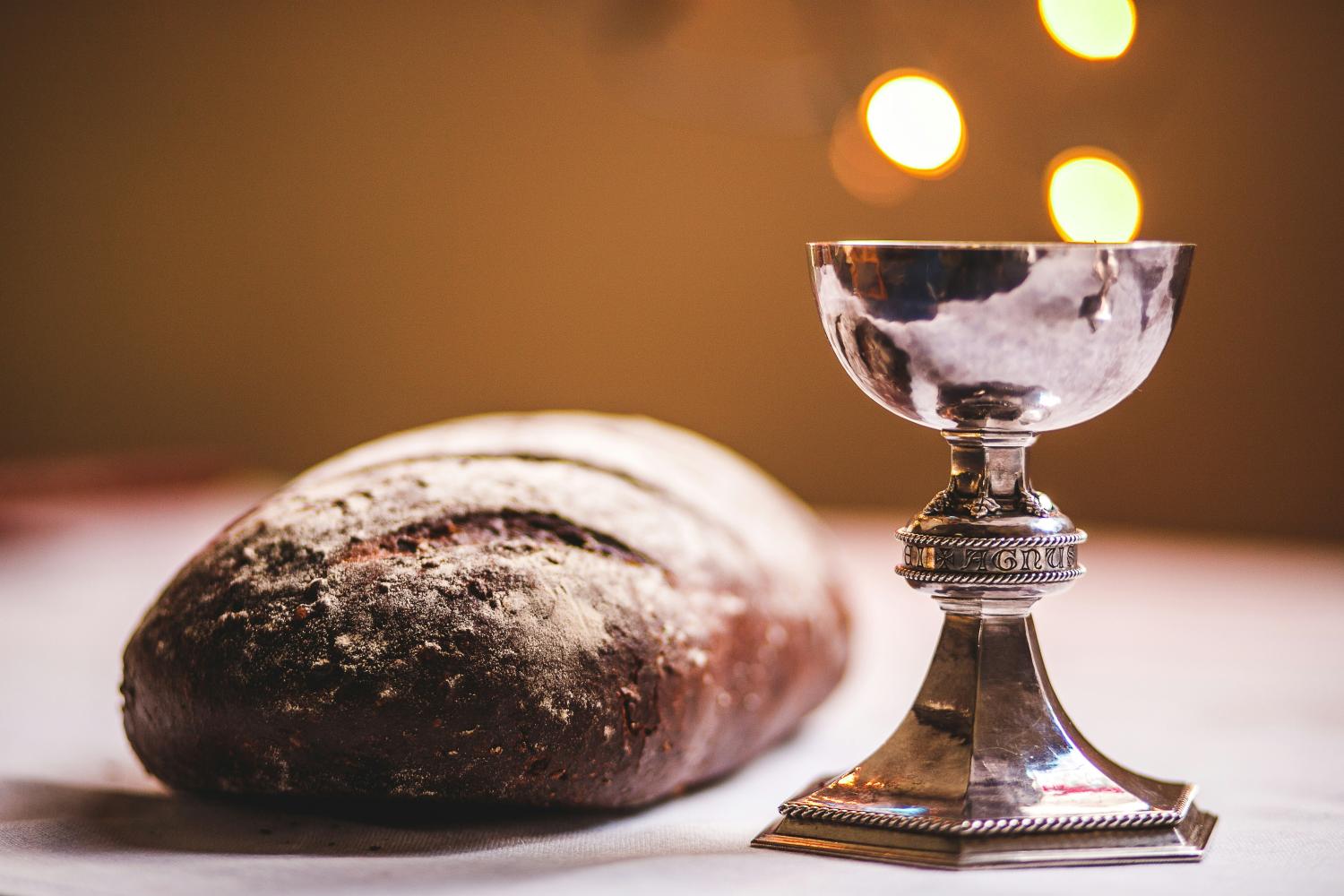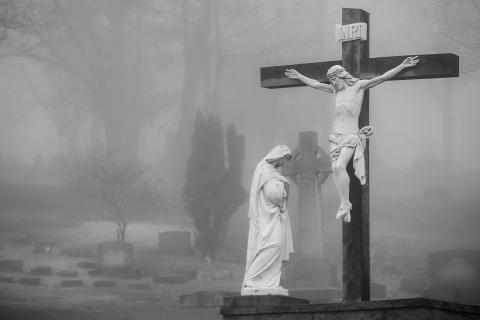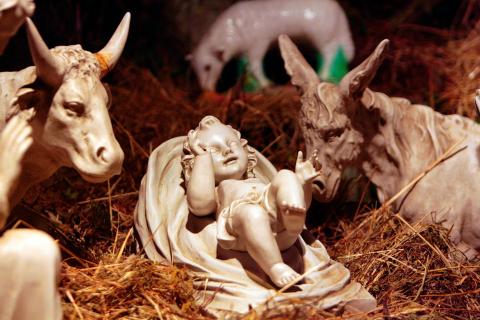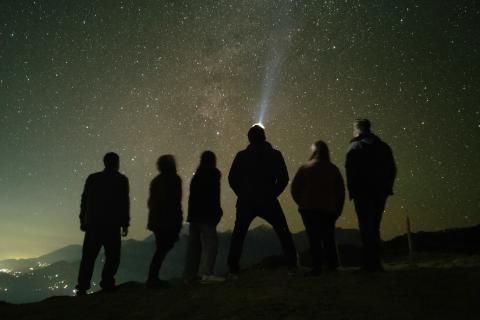
This Sunday is the Super Bowl, an event that seems to have become more of a national holiday than a mere championship sporting event. For some, it comes after months spent watching football games; for others, it’s the only game they’ll see all year; for all, it’s a day cordoned off on the calendar, year in and year out.
There’s something in us that counts on these kinds of annual celebrations. Certainly we love the Super Bowl, itself – even those who don’t regularly follow sports can admire seeing human excellence at play and embrace the thrill of competition, adversity, triumph. But we also treasure the ritual. The gathering of the same group of friends and family in the same home for an evening with the same unique, remembered rhythm. The coveted appetizers that come out once a year. The familiar anticipation of the commercials and the half time show. We feel in sync on Super Bowl Sunday, part of something, in tune.
So why, then, does Super Bowl Monday always feel, well, bad? We wake up over-satiated and flaccid, our voices lost or gravelly, the event simply over. Whatever happened the night before seems a flash in the pan, and we’re back to school, back to work, back to normal.
It’s a good question to think about this year, particularly. The upcoming week’s calendar finds one annual event tumbling after another, making for a space of days that are a strange amalgam of the sacred and the secular: the Super Bowl, followed by Mardi Gras or “Fat Tuesday,” followed by what promises to be a bit of a thwarted Valentine’s Day, with Wednesday also being Ash Wednesday and the start of Lent for Christians.
Religious or not, we are creatures who habitually feel the need to arrange time with these annual feasts (or fasts). If you missed it last week, this First Things writer reflected on the medieval refusal to let time stretch on “without color, meaning, and ritual.” “Like incoming seawater filling every crevice of a rock pool, the irrepressible, boisterous, creative strain of the medieval spirit filled with life and incident what otherwise might appear to be a void, Macbeth’s ‘Tomorrow, and tomorrow, and tomorrow.’” If we cherish our yearly celebrations of the Super Bowl or Valentine’s Day, it’s because, in some sense, we’re right to: there’s a repetitiveness even to the rise and fall of days and seasons that inspires the human intuition to give a pattern and order to life.
But if time is cyclical and repetitive, it’s not only that. The truth is it’s also linear, sacramental, leading beyond itself to the eternal “now” in which our earthly life will find its terminus and fulfillment. If the feasting of Super Bowl Sunday giving way to the relative fasting of Monday morning feels dreary, it’s telling that the feasting and fasting of Fat Tuesday and Ash Wednesday don’t, or at least they don’t in the same way. There’s an ultimate meaninglessness to the former pair of days that is absolutely absent in the latter – that cycle, of Lenten fasting in preparation for Easter feasting, touches us differently because it stretches out toward our ultimate destiny, toward that eternal feast where we don’t need to look for comfort or respite from our timebound boredom because whole and abundant life is completely ours.
Whatever benefit the familiarity and relief our secular rituals may bring, our liturgical events’ return each year are meant to affect us distinctly. They’re meant to root us more firmly in the truths of where time is finally taking us. We should find the rhythms of the Church familiar as well as new, as the Lord uses them to knead more deeply into our minds and hearts the promise he wants us to hear afresh, as each year of our earthly pilgrimage passes by: “In an acceptable time I heard you, and on the day of salvation I helped you. Behold, now is a very acceptable time; behold, now is the day of salvation” (2 Cor 6:2). This Lent, let’s let Him tell us that not just again, but anew.
Lent is approaching. The time to prepare for Lent is now.
In October, a Spanish documentary on the monastic life – entitled Libres (Free) – was released in select theaters across the world. Read about a Spanish painter who decided to enter the monastic life thanks to a single line from the film: “All this glitter of our society is capable of distracting — and sometimes, for a person’s entire life. It doesn’t fulfill your life; it distracts it.”
As the Chinese government tightens its grip over Hong Kong, residents and observers warn that freedom of religion is rapidly deteriorating.
“Let the children come to me.” Yes, even the loud ones.
One author considers the lasting results of the shoddy medical services that have arisen from shoddy sciences.


